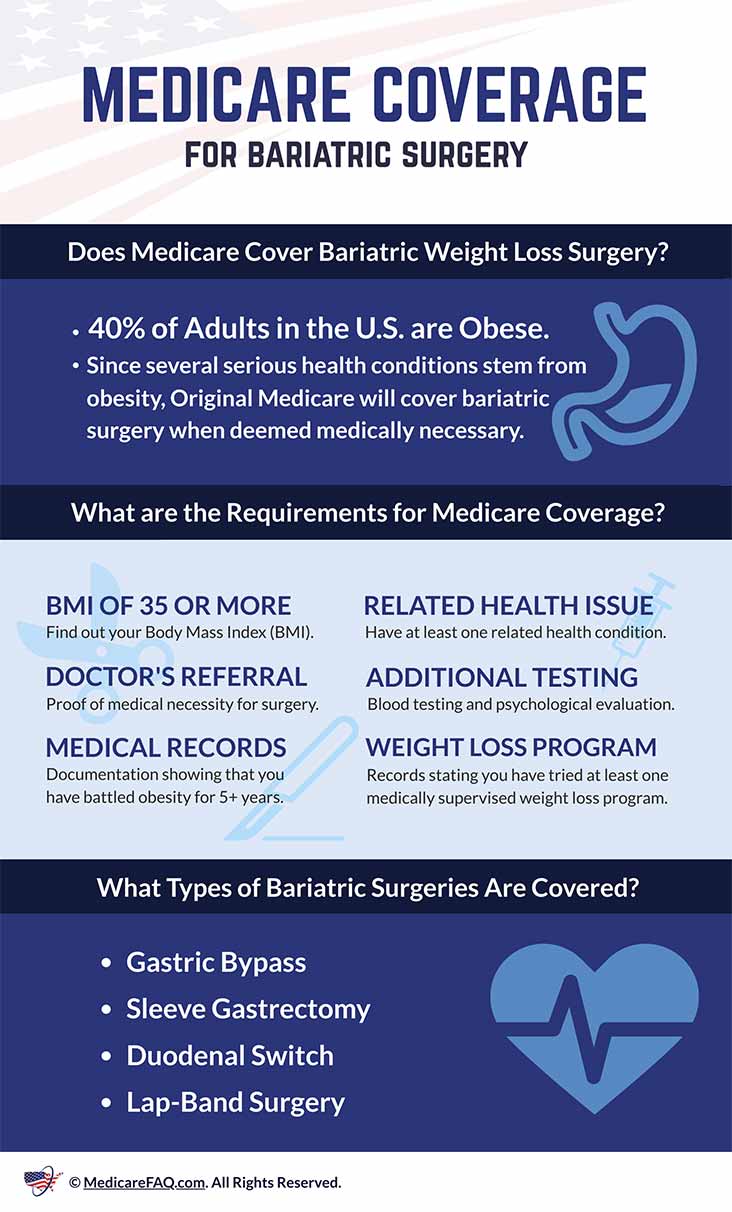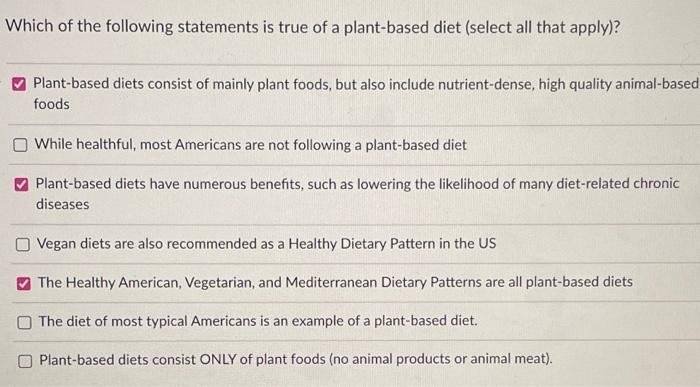Medicaid approval for weight loss surgery typically takes 3 to 6 months. The timeline varies depending on several factors.
Weight loss surgery, also known as bariatric surgery, is a crucial step for many individuals battling severe obesity. Medicaid offers coverage for this life-changing procedure, but the approval process can be lengthy. Patients must meet specific medical criteria and provide detailed documentation to support their case.
The approval duration is influenced by factors such as state regulations, the completeness of submitted paperwork, and the efficiency of the healthcare provider’s office. Understanding the steps involved and maintaining close communication with your healthcare team can help streamline the process. Patience and persistence are key to navigating Medicaid’s approval for weight loss surgery successfully.
Introduction To Medicaid And Weight Loss Surgery
Weight loss surgery can be a lifesaving procedure for those with obesity. Medicaid often covers the cost, making it accessible for many. Understanding the approval process is crucial for patients and providers.
The Role Of Medicaid
Medicaid is a state and federal program that provides health coverage. It helps low-income individuals and families. Medicaid covers various medical services, including weight loss surgery. The coverage and approval process can vary by state.
To get Medicaid approval, you must meet specific criteria. These criteria often include a Body Mass Index (BMI) of 35 or higher. You may also need to have obesity-related health conditions. Some common conditions include diabetes, heart disease, or sleep apnea.
Medicaid requires documentation from healthcare providers. This documentation should show the medical necessity of the surgery. A thorough medical evaluation is often part of the approval process. This can include physical exams, lab tests, and psychological assessments.
Weight Loss Surgery Basics
Weight loss surgery, or bariatric surgery, helps people lose weight. It involves making changes to the digestive system. There are different types of weight loss surgeries. Some common ones include gastric bypass, sleeve gastrectomy, and adjustable gastric banding.
Gastric bypass surgery creates a small pouch in the stomach. This pouch is then connected directly to the small intestine. This reduces the amount of food the stomach can hold.
Sleeve gastrectomy involves removing a portion of the stomach. This creates a tube-shaped stomach, which limits food intake.
Adjustable gastric banding places a band around the upper part of the stomach. The band can be adjusted to control the amount of food that can be eaten.
Each type of surgery has its benefits and risks. Your doctor will help determine the best option for you. Surgery is often a last resort after other weight loss methods have failed.
Understanding Medicaid and weight loss surgery can help you navigate the approval process. Make sure to work closely with your healthcare team.
Eligibility Criteria For Medicaid Coverage
Understanding the eligibility criteria for Medicaid coverage is crucial. This ensures that you receive approval for weight loss surgery. Medicaid has specific requirements. These vary by state.
Qualifying Conditions
To qualify for Medicaid coverage, you must meet certain medical conditions. These include:
- A Body Mass Index (BMI) of 40 or more
- A BMI of 35 or more with one or more obesity-related conditions
Common conditions related to obesity are:
- Type 2 diabetes
- Hypertension (high blood pressure)
- Sleep apnea
Income And Asset Limits
Medicaid coverage also depends on your income and assets. Each state has different limits. Check the specific guidelines in your state.
The table below outlines general income limits for Medicaid eligibility:
| Household Size | Monthly Income Limit |
|---|---|
| 1 | $1,482 |
| 2 | $2,004 |
| 3 | $2,526 |
| 4 | $3,048 |
Assets also play a role in eligibility. Typically, these limits are low. Your home and car often do not count as assets.
Types Of Weight Loss Surgeries Covered
Medicaid covers various weight loss surgeries to help patients combat obesity. These surgeries aim to improve health and quality of life. Understanding the types of surgeries covered is essential for those considering this option.
Gastric Bypass
Gastric bypass surgery involves creating a small pouch from the stomach. This pouch is then directly connected to the small intestine. This process reduces the stomach size and limits food intake. It also changes how the body absorbs nutrients. Medicaid often covers this effective surgery.
Sleeve Gastrectomy
Sleeve gastrectomy involves removing a large part of the stomach. The remaining section forms a tube-like structure. This smaller stomach limits food intake significantly. It also affects the hormones that control hunger. Medicaid recognizes this as a beneficial weight loss option.
Laparoscopic Adjustable Gastric Banding
In this surgery, a band is placed around the upper stomach. The band can be tightened or loosened over time. This creates a small pouch that restricts food intake. The adjustable nature makes it a flexible choice. Medicaid covers this type, offering patients a less invasive option.
The Application Process
The application process for Medicaid to approve weight loss surgery can be daunting. Understanding each step will help you navigate it smoothly. This section will guide you through the necessary steps.
Gathering Necessary Documentation
First, gather all required documents. This ensures a smooth application. Here’s a list of what you may need:
- Medical records: Include your history of weight loss attempts.
- Doctor’s recommendation: A letter from your primary physician.
- Psychological evaluation: Some states require a mental health assessment.
- Proof of income: To verify your eligibility for Medicaid.
- Insurance information: Any other insurance details you have.
Organize these documents in a folder. This makes submission easier.
Submitting Your Application
After gathering your documents, submit your application. Follow these steps for submission:
- Complete the Medicaid application form.
- Attach all necessary documents.
- Submit the application to your local Medicaid office.
After submission, you will receive a confirmation. Keep this for your records.
Wait for Medicaid to review your application. This can take several weeks. Be patient and check for updates regularly.
| Steps | Actions |
|---|---|
| 1. Gather Documents | Medical records, doctor’s recommendation, psychological evaluation, proof of income, insurance info |
| 2. Complete Form | Fill out Medicaid application form |
| 3. Submit Application | Send the form and documents to Medicaid office |
Timeline For Approval
Understanding the timeline for Medicaid to approve weight loss surgery is crucial. It helps you plan and manage expectations effectively. The process involves several steps, each with its own duration.
Initial Review Period
The initial review period begins after you submit your application. Medicaid reviews your documents to ensure they are complete. This step usually takes 30 to 45 days.
During this time, Medicaid checks your medical necessity. They verify if weight loss surgery is needed for your health. This initial review is important for your approval process.
Factors Affecting The Timeline
Several factors can affect the timeline for approval. These factors can either speed up or delay your approval.
- Completeness of Documents: Incomplete documents can delay the process. Ensure you provide all required information.
- Medical Evaluations: Your healthcare provider may need to submit additional evaluations. This can take extra time.
- Approval from Specialists: Sometimes, approvals from multiple specialists are needed. This can extend the timeline.
- State-Specific Guidelines: Medicaid guidelines vary by state. Some states have faster processing times.
- Appeal Process: If your initial application is denied, the appeal process can add several months.
Understanding these factors can help you better prepare your application. Make sure to follow all guidelines and provide complete information.

Credit: www.medicarefaq.com
Preparing For Surgery
Preparing for weight loss surgery involves several crucial steps. These steps ensure the surgery’s success and your safety. Understanding these steps can ease your journey.
Pre-surgery Requirements
There are specific pre-surgery requirements you must meet. This involves medical evaluations and clearances. Your doctor may ask for a comprehensive health assessment. This includes blood tests, EKG, and other diagnostics.
Insurance approval is also necessary. Medicaid has specific guidelines for approval. You must meet their criteria for weight loss surgery. This often includes a BMI of 40 or higher. Or, a BMI of 35 with obesity-related health issues. A documented history of failed weight loss attempts is also crucial.
Medicaid may require you to attend counseling sessions. These sessions help you understand the lifestyle changes needed post-surgery. Nutritional counseling is also a part of the process. You will learn about the new dietary habits required after surgery.
Choosing A Surgeon
Choosing the right surgeon is vital. The surgeon’s experience and expertise can impact your surgery’s success. Look for a board-certified bariatric surgeon. Check their track record and patient reviews.
Consult with multiple surgeons. Ask about their success rates and complications. Ensure they have a support team, including dietitians and psychologists. This team will support you throughout the process.
Verify that the surgeon accepts Medicaid. Not all surgeons do. Ensure the hospital or surgical center is also Medicaid-approved. This ensures all costs are covered as per Medicaid guidelines.
Prepare a list of questions for your surgeon. Understand the risks and benefits of the surgery. Ask about the recovery process and follow-up care. A good surgeon will provide clear, concise answers. This builds trust and ensures you are well-informed.
What To Do If Denied
Getting denied Medicaid approval for weight loss surgery can be frustrating. But don’t lose hope. There are steps you can take if this happens.
Understanding The Reasons
First, understand why Medicaid denied your request. Common reasons include:
- Insufficient medical documentation
- Not meeting weight loss criteria
- Missing required tests or evaluations
Review the denial letter carefully. This helps you know what to fix before reapplying.
Appeal Process
If denied, you can appeal the decision. Follow these steps:
- Contact Medicaid for specific appeal instructions.
- Gather all necessary documents.
- Write a clear, concise appeal letter.
- Submit your appeal within the given time frame.
Ensure your appeal addresses the reasons for denial. This increases your chances of approval.

Credit: jetmedicaltourism.com
Success Stories And Tips
Medicaid approval for weight loss surgery can feel like a long journey. Yet, many patients have navigated this path successfully. Their stories and tips provide valuable insights. Learn how to increase your chances of approval.
Patient Testimonials
Patients who received approval for weight loss surgery share their experiences. Their journeys offer hope and practical advice.
| Patient Name | Approval Time | Key Tips |
|---|---|---|
| Alice | 3 months | Regular follow-ups, detailed medical records |
| Bob | 5 months | Support from healthcare team, consistent documentation |
| Carol | 4 months | Thorough preparation, strong support system |
Maximizing Chances Of Approval
Increasing your chances of Medicaid approval involves several steps. Follow these tips for a smoother process:
- Gather Comprehensive Medical Records: Include all relevant health documents.
- Regular Doctor Visits: Show consistency in seeking medical advice.
- Support from Healthcare Team: Ensure your doctor supports your decision.
- Document Weight Loss Efforts: Keep a record of diet and exercise attempts.
- Strong Support System: Engage family and friends for emotional support.

Credit: theweightdr.com
Frequently Asked Questions
How Fast Can You Get Approved For Weight Loss Surgery?
Approval for weight loss surgery varies. Typically, it can take several weeks to a few months. Consult your healthcare provider for specific timelines.
How Long Does Insurance Take To Approve Bariatric Surgery?
Insurance approval for bariatric surgery typically takes 1 to 3 months. It depends on individual policies and medical documentation.
How Long Do You Have To Wait For Bariatric Surgery?
The wait for bariatric surgery varies. Typically, it ranges from a few months to over a year. Factors include insurance approval, medical evaluations, and surgeon availability. Consult your healthcare provider for a more precise timeline.
How Long Does It Take To Get A Date For Bariatric Surgery?
The time to get a bariatric surgery date varies. It typically ranges from a few weeks to several months. Factors include medical evaluations, insurance approvals, and surgeon availability. Consult your healthcare provider for a more accurate timeline.
How Long For Medicaid Approval For Surgery?
Approval time varies by state. Typically, it takes 3-6 months for Medicaid to approve weight loss surgery.
Conclusion
Understanding Medicaid’s approval process for weight loss surgery is crucial. Patience and thorough documentation can speed up approval. Consult your healthcare provider for personalized advice. Always stay informed about current Medicaid guidelines. This can help ensure a smoother journey towards a healthier life.

















